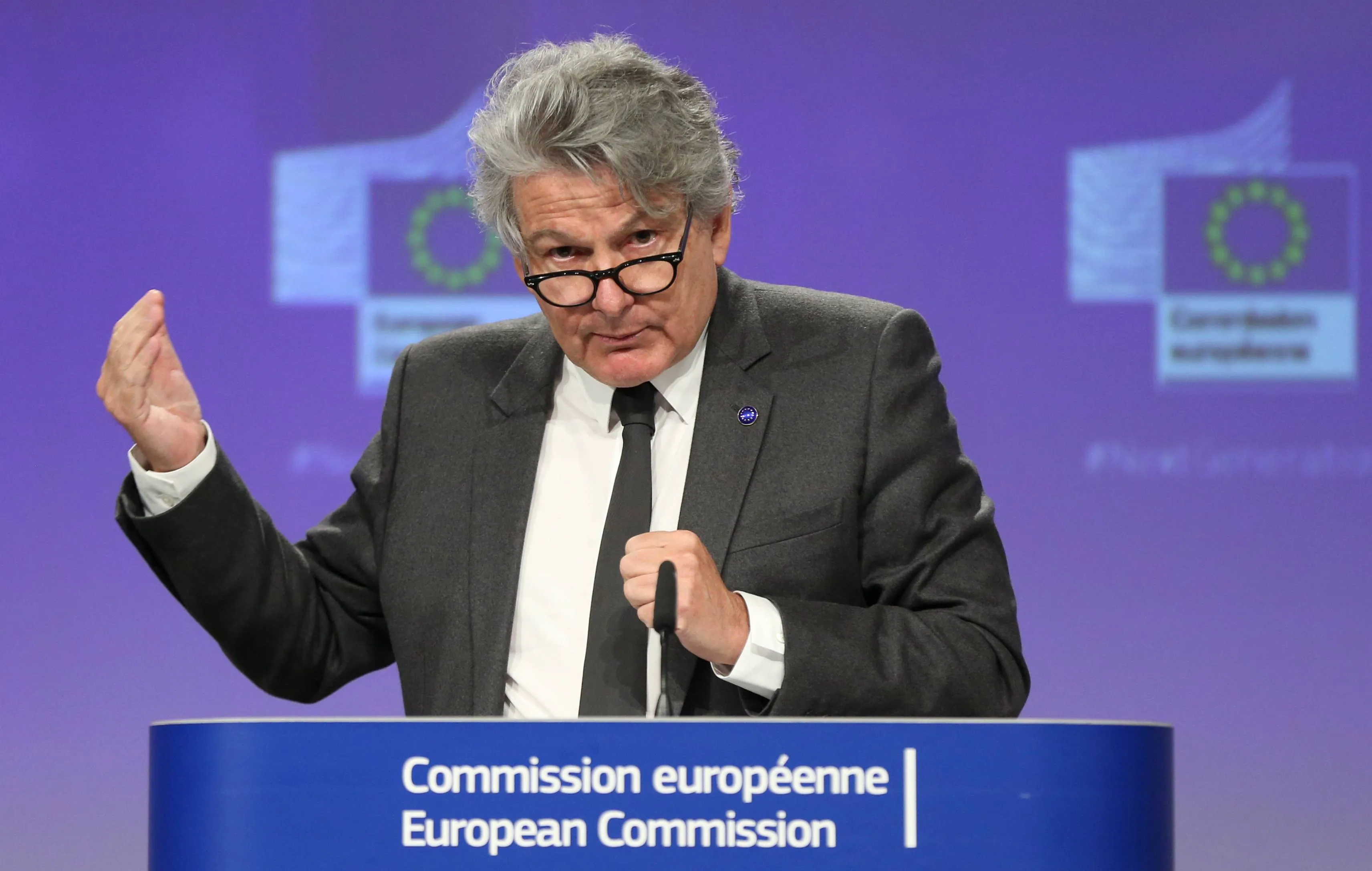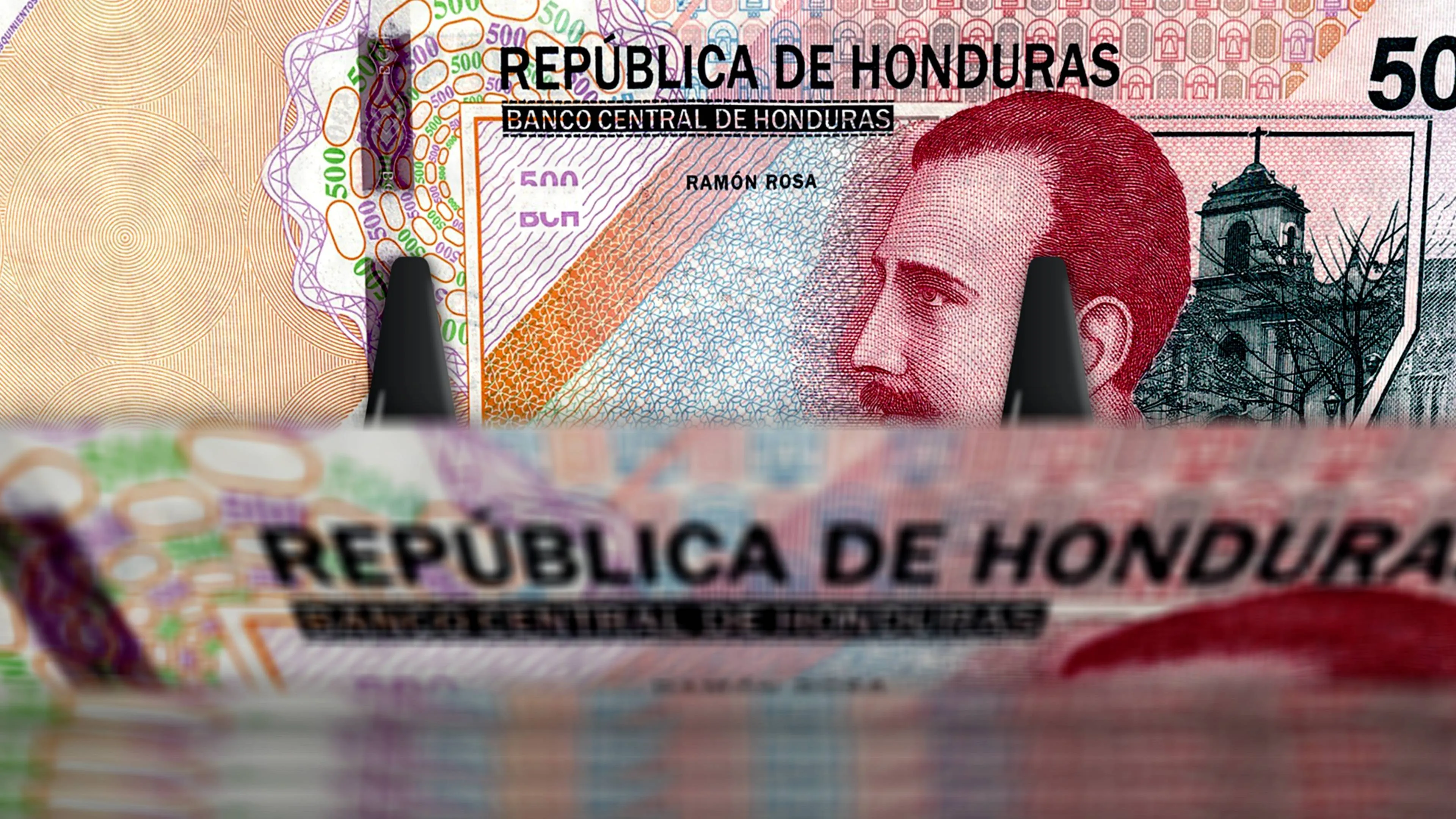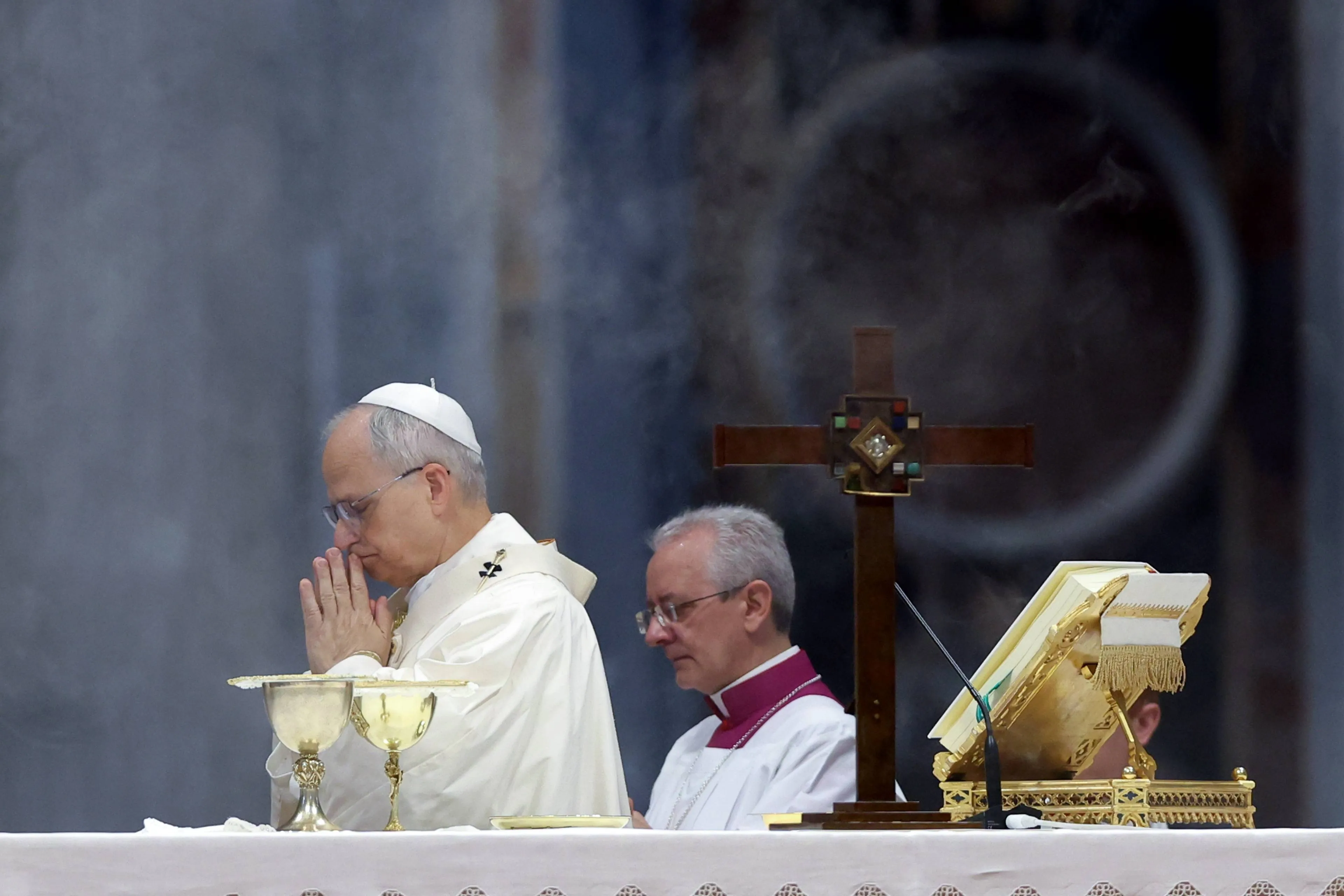Paniekzaaien: vast nummer repertoire VNklimaatpanel
Bjørn Lomborg onthult hoe bij de opstelling van het recente IPCC-rapport overheden hebben aangedrongen op het verdoezelen van goed nieuws.
Wetenschappers drukken zich over het algemeen voorzichtig uit. Hun uitspraken gaan vaak rijkelijk vergezeld van caveats. Met de opkomst van milieu en klimaat als aandachtsgebieden voor de samenleving, is er een nieuw soort wetenschapper opgestaan: de wetenschapsactivist, die in felle kleuren allerlei bedreigingen schildert, waaraan moeder aarde en haar bewoners bloot staan, en die van geen caveats wil weten.
Van wijlen Stephen Schneider, een klimatoloog die in het verleden een prominente rol speelde in het VNklimaatpanel (IPCC), is de uitspraak bekend:
To capture the public imagination, we have to offer up some scary scenarios, make simplified dramatic statements and little mention of any doubts one might have. Each of us has to decide the right balance between being effective, and being honest.
En van een van de voormalige vicevoorzitters van het IPCC, Sir John Houghton, is bekend dat hij in de pauzes van de IPCCjamborees de toiletten placht binnen te stormen en de aldaar verzamelde klimatologen luid en duidelijk te verstaan gaf: 'Make strong statements!'
In de loop der jaren is overdrijving en paniekzaaien dan ook een vast onderdeel geworden van het repertoire van het VNklimaatpanel. Maar de wetenschap schrijdt voort en volgens de laatste inzichten blijkt nu dat men te ver is doorgeschoten. De wetenschap zag zich dus genoodzaakt terug te krabbelen.
Maar er zijn meer spelers dan alleen maar wetenschappers in het IPCCproces. Ook overheden spelen daarin een belangrijke rol. Nadat deze overheden zich eenmaal hadden laten overtuigen van het klimaatalarmisme van het VNklimaatpanel, hebben zij zich gecommitteerd tot een proactief klimaatbeleid. Twijfel aan de dreiging van een catastrofale opwarming van de aarde (die overigens maar steeds niet wil komen) zou de politieke steun voor een dergelijk beleid kunnen ondermijnen en een gevoelig gezichtsverlies voor de betrokken overheden betekenen. Vandaar dat zij bij het laatste IPCCrapport uit alle macht hebben geprobeerd het goede nieuws namelijk dat de dreiging van de opwarming van de aarde op zijn minst sterk overdreven is en waarschijnlijk helemaal niet bestaat uit de samenvattingen van het rapport te houden.
En zo wordt de bevolking stelselmatig bedot door degenen die zich als redder van de planeet opwerpen. Dat zou allemaal nog niet zo erg zijn, ware het niet dat het klimaatbeleid van de ontwikkelde landen zo'n $ 1 miljard per dag (!) kost, zonder dat daar ook maar enig aantoonbaar afkoelend effect tegenover staat. Dat is dus pure verspilling.
Maar hoe heeft die manipulatie van informatie tijdens het schrijven van het laatste IPCCrapport dan precies plaatsgevonden? Bjørn Lomborg heeft dat voor ons geanalyseerd. Onder de titel, 'Global Warmings Upside-Down Narrative', schreef hij onlangs op 'The World's Opinion Page' van 'Project Syndicate':
When politicians around the world tell the story of global warming, they cast it as humanitys greatest challenge. But they also promise that it is a challenge that they can meet at low cost, while improving the world in countless other ways. We now know that is nonsense.
Political heavyweights from US Secretary of State John Kerry to UN Secretary General Ban Ki-moon call climate change the greatest challenge of our generation. If we fail to address it, Kerry says, the costs will be catastrophic. Indeed, this has been the standard assertion of politicians since the so-called Stern Review commissioned by the British government in 2006.
That report famously valued the damage caused by global warming at 5-20% of GDP a major disruption on a scale similar to those associated with the great wars and the economic depression of the first half of the twentieth century.
Tackling climate change, we are told, would carry a much lower cost. The president of the European Commission promised that while the European Unions climate policies are not cost-free, they would amount to just 0.5% of GDP. Indeed, politicians of all stripes have reiterated the Stern Reviews finding that global warming can be curtailed by policies costing just 1% of world GDP.
Climate policies, moreover, are said to help in many other ways. US President Barack Obama promised that policies to combat global warming would create five million new green jobs. The EU claimed that green energy would help improve the EUs security of energy supply.
With the completion of the latest report by the United Nations Intergovernmental Panel on Climate Change (IPCC), we can now see that this narrative is mostly wrong. The first installment of the IPCC report showed that there is indeed a climate problem emissions of greenhouse gases, especially CO?, lead to higher temperatures, which will eventually become a net problem for the world. This result was highly publicized.
But the report also showed that global warming has dramatically slowed or entirely stopped in the last decade and a half. Almost all climate models are running far too hot, meaning that the real challenge of global warming has been exaggerated. Germany and other governments called for the reference to the slowdown to be deleted.
The second IPCC installment showed that the temperature rise that we are expected to see sometime around 2055-2080 will create a net cost of 0.2-2% of GDP the equivalent of less than one year of recession. So, while the IPCC clearly establishes that global warming is a problem, the cost is obviously much less than that of the twentieth centurys two world wars and the Great Depression.
Again, not surprisingly, politicians tried to have this finding deleted. British officials found the peer-reviewed estimate completely meaningless, and, along with Belgium, Norway, Japan, and the US, wanted it rewritten or stricken. One academic speculated that governments possibly felt a little embarrassed that their previous exaggerated claims would be undercut by the UN.
The third installment of the IPCC report showed that strong climate policies would be more expensive than claimed as well costing upwards of 4% of GDP in 2030, 6% in 2050, and 11% by 2100. And the real cost will likely be much higher, because these numbers assume smart policies, instantly enacted, with key technologies magically available.
Again, politicians tried to delete or change references to these high costs. British officials explained that they wanted such cost estimates cut because they would give a boost to those who doubt action is needed.
En zo gaat de volksverlakkerij maar door.
What makes this story all the more amazing is that experts have known almost all of these facts for a long time. The Stern Review was produced by bureaucrats and never subjected to peer review. Economists knew that the damage costs had been extensively massaged, and that the estimates were outliers compared to the academic literature. The unfathomably low projections for policy costs were artifacts of ignoring most liabilities, again contradicting the academic literature.
The media, eager for breathless headlines, share the blame with politicians for this state of affairs. Following the release of the Stern Review, one British newspaper reportedly wrote: Act now or the world we know will be lost forever. Being accurate is less sexy, but much more informative.
We live in a world where one in six deaths are caused by easily curable infectious diseases; one in eight deaths stem from air pollution, mostly from cooking indoors with dung and twigs; and billions of people live in abject poverty, with no electricity and little food. We ought never to have entertained the notion that the worlds greatest challenge could be to reduce temperature rises in our generation by a fraction of a degree.
The solution is to stop applauding politicians who warn of catastrophe and promote poor policies. Instead of subsidizing inefficient solar and wind power with little benefit, we need to invest in long-term green innovation. And we need to give more attention to all of the other problems. This is perhaps less entertaining, but it will do much more good.
Lees verder hier.
Lomborg, een voormalig milieuactvist, analyseert dit soort misstanden zeer scherp. Helaas hebben zijn analyses tot op heden nog maar beperkte doorwerking gehad.
Voor mijn eerdere DDSbijdragen zie hier.
Ga verder met lezen
Dit vind je misschien ook leuk
Laat mensen jouw mening weten
Lees ook
Loading


